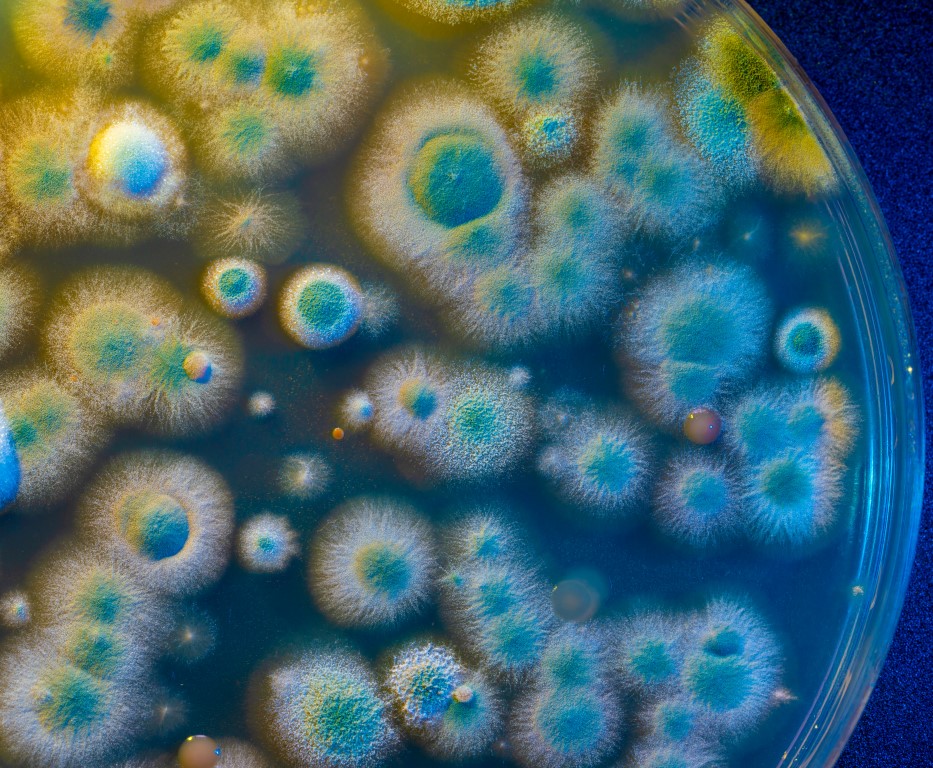BaseClear offers end-to-end rumen microbiome analysis and reporting services for better insights into how the microbiome of rumen is linked to health, development and sustainable farming. BaseClear is involved in many projects that are focused on this emerging research area to identify and characterise the microbiomes of rumen,
Ruminants such as cows, sheep goats and deer are named for the rumen, the first and largest stomach, and primary fermentation “tank” for these animals. The rumen microbiome is incredibly diverse and complex, with a high number of different microbes including protozoa, bacteria, fungi and archaea. The rumen affects namely feed conversion and emissions, and can also influence the health of the animal. Genomic techniques have been instrumental in the first steps towards unravelling the complexity of the rumen.
Feed conversion in rumen
The cornerstone of efficient feed conversion in cattle, sheep and other ruminants is the rumen. As the primary organ responsible for the conversion of feed to nutrients that the animal can use, there is considerable focus on rumen fermentation to increase yields and feed efficiency. Feed costs are the largest variable cost in beef production. New genomics techniques present an opportunity to understand better how the ruminant microbiome contributes to feed conversion so that it can be steered towards higher yields.
In one extensive study that investigated differences in the rumen microbiome of beef cattle in the context of feed conversion efficiency and weight gain, several interesting differences were found between high-yielding and low-yielding groups. In particular, animals with a higher daily bodyweight gain had a significantly higher proportion of Firmicutes phylum bacteria. Interestingly, a higher relative abundance of Firmicutes in humans is associated with obesity, a result of more efficient production of short chain fatty acids from dietary fibre, which increases the available energy content of the diet. Firmicutes was also positively associated with weight gain in meat goats. Similar results were found in a study of dairy cattle: milk fat content increased in animals with a higher proportion of Firmicutes, therefore increasing milk yield. Changing the macronutrient composition of the ruminant diet was able to favourably change the composition of the rumen microbiota towards a higher Firmicutes content, showing that it is plausible to modulate the rumen microbiome towards a more energy efficient profile.



